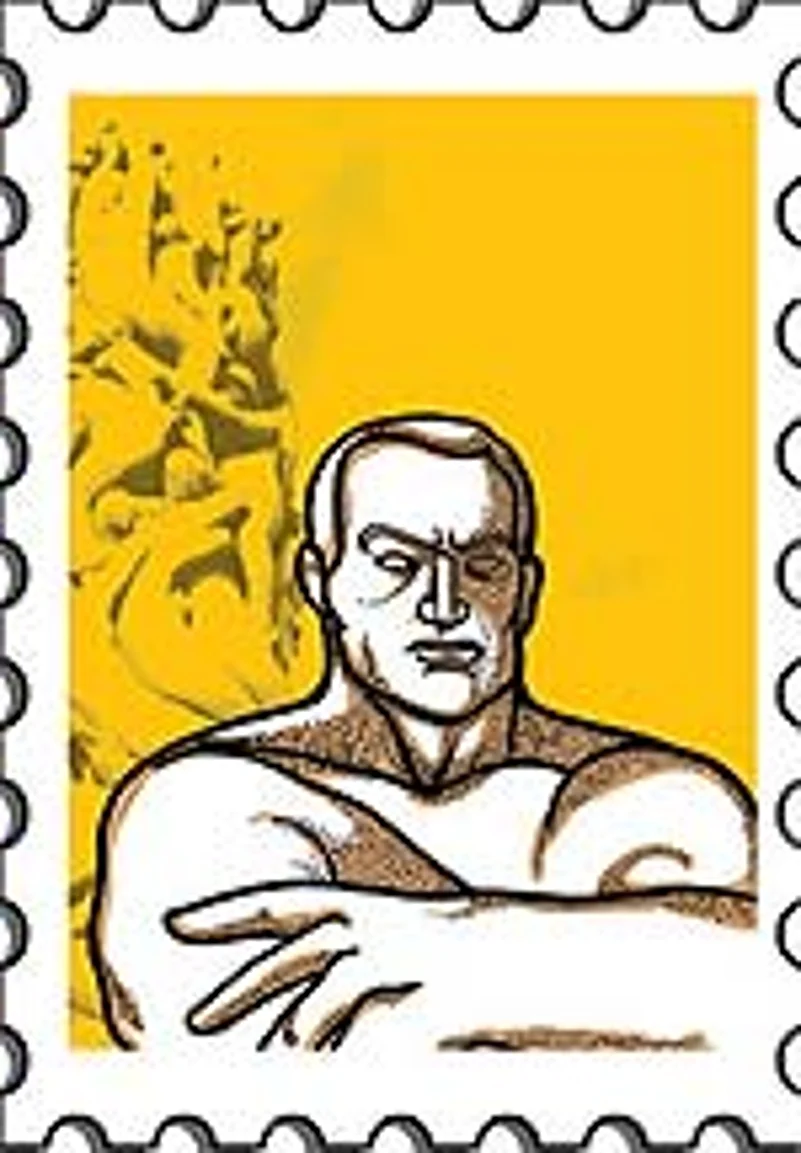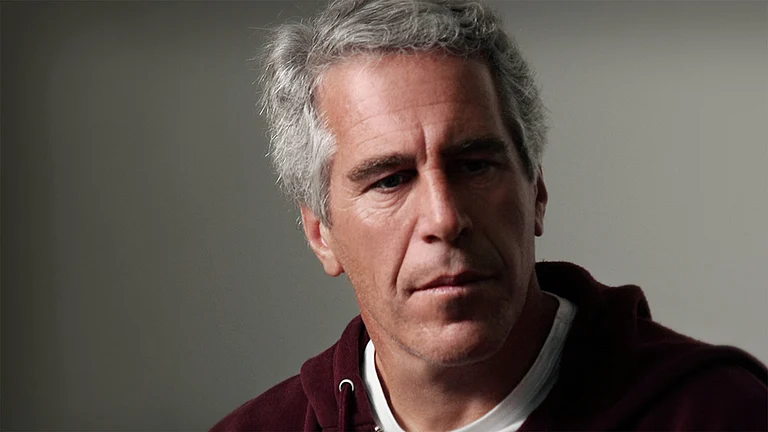
She’s Malala
It has been barely a week since Malala has been handed the Nobel for peace in Oslo. And the very Taliban that had hauled her up on a school bus in her native Swat valley two years ago have struck again, this time killing more than 140 people, a majority of them children, at an army-run school in Peshawar. The youngest Nobel laureate said she and millions of others would mourn her “brothers and sisters”, and that “we will never be defeated”. To the man who had asked “Who is Malala?” that fateful day, her answer has been a resounding “I am Malala”, the echo reverberating in Syria, in the guise of the 16-year-old refugee Mazon Almellehan; or Amina Yusuf, a 17-year-old from north Nigeria; or Kainat Soomro, a young Pakistani woman fighting for justice years after a sexual assault. Theirs is a young sorority, steadfast in its resolve for justice and education for children such as themselves.
They are all there, at the Oslo City Hall, where Malala is to receive the prize. Norway doesn’t make much ceremony of things; there is nothing to suggest that Oslo is hosting the peace ceremony except for two quiet banners at the Nobel Peace Centre, a short distance away. Inside, there is an exhibition of photographs by celebrated photojournalist Lynsey Addario, documenting Kailash Satyarthi’s work, and Malala’s life as a child. Malala’s blood-stained school uniform, from the day that she was shot by the Taliban, of course, is the prize exhibit. It was Malala herself who offered to have the uniform on display. To her, as she said in the interview to CNN shortly after winning the prize, it symbolises her “right to learn”.
Cynics and critics apart, Malala’s is an inspiring story. Ask Tirill, a 14-year-old girl student at the Wang Toppidrett school in Oslo. She is there with her mother at the live CNN interview with the winners, thrilled to see Malala in person, hear her speak and get a close-up shot on her phone camera. “She is an inspiration to me,” the excited teenager tells me. “I did a paper in school on her.”
For a man who wasn’t ever given the Nobel, Gandhi’s name is invoked with amazing regularity at the ceremony. Chairman of the Norwegian Nobel Committee Thorbjorn Jagland quoted the apostle of ahimsa first: “There are many purposes I would have died for. There are no purposes I would have killed for.” Kailash Satyarthi did so many times later in his acceptance speech: “There is only one tyrant I fear, the small voice within me.”
Applying Mind
I am in Oslo, though, for a parallel event, a youth summit hosted by Norway’s telecom giant, Telenor, in partnership with the Nobel Peace Centre. This is the second edition of the event, where young people between the ages of 18 and 25 are invited from all the countries where Telenor has a presence—eight in Europe, five in Asia—to devise an app that can be used for social good. Twenty-year-old Jyotsna Kalra represented India, with an idea called Safecity Stay Safe, a mobile app that allows people to report cases of harassment, mark out potential hotspots prone to crime, send out alerts, give tips and receive interactive information. The spunky law student from Delhi received a patient and sympathetic ear. Everyone around, whichever part of the world they were from, had heard of the Nirbhaya gangrape of December 16 two years ago. Nothing could have underscored the importance and urgency of Jyotsna’s app better: even as she was talking about it in a foreign country, back home, a young professional was raped by a Uber cab driver.
Royale With Skis
Norway’s crown prince Haakon is a dapper dude. Telenor invites him to speak to the youth summit participants and he proceeds with a presentation of Norway, which means places to sight-see in his country! He mingles with the youngsters easily, as each of them curtsies and tells his royal highness about what they are there for. Towards the end, everyone gathers for an official photoshoot. Everything runs according to form thus far, till the fearless Jovana, a 21-year-old from Serbia, steps out of line to click a selfie of everyone. The sporting crown prince joins in with a laugh. As a signoff, though, he plays the video of a recent skiing trip. “My wife says I watch this video too often,” he tells his audience. “But it takes me back to the time I had this exhilarating experience.” There we are then, watching the prince shred down Norwegian slopes.
Juice For All
At Telenor’s sprawling office by the fjord in Fonebu, my phone runs out of charge. I walk up to the reception, hoping to find a charger. The apologetic receptionist tells me they only use iPhones out there. Surely a telecom giant such as Telenor would keep some Third World chargers, I tell the receptionist. That did the trick, and I emerged fully charged.
Choc ful
A wise saw at the restaurant we are having a meal in: “Chocolate doesn’t ask silly questions. Chocolate understands.” Dare we ask what it means? Does it make us less of a chocolate?
Manisha Saroop is a Senior Associate Editor with Outlook; E-mail your diarist: monshi [AT] outlookindia [DOT] com
























